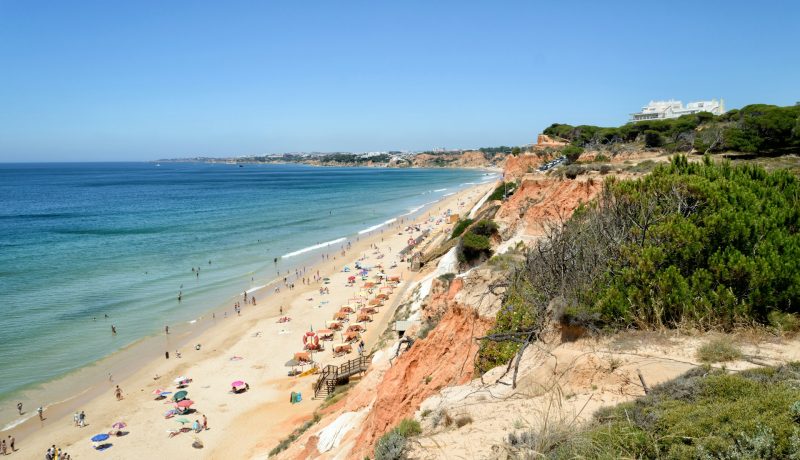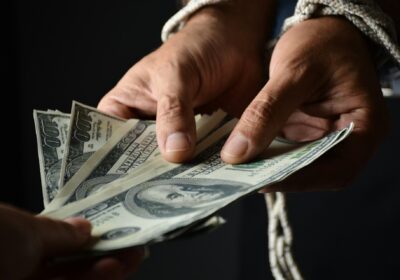
What are holiday frauds?
Holiday frauds (also called travel scams or vacation frauds) are deceptive schemes where criminals trick people into paying for fake or misleading holiday-related services. These scams often target travellers looking for cheap deals or last-minute offers.
Here are the most common types of holiday frauds:
- Fake travel websites or ads
Scammers create websites or social media pages that look like genuine travel agencies. They offer extremely cheap flights, tour packages, or hotels — but once you pay, the booking never exists.
- Fake accommodation listings
Fraudsters post attractive villas, hotels, or holiday homes on platforms. Victims pay an advance or full amount, only to find the property is real but not actually available for rent — or does not exist at all.
- Airline ticket scams
Scammers sell discounted airline tickets using stolen cards or fake details. The ticket appears valid at first, but later gets cancelled by the airline.
- Phishing emails / calls
You might receive a message claiming you’ve “won a free holiday” or offering a limited-time deal to pressure you to pay or share personal information.
- Timeshare and membership scams
People are pressured into buying fake or exaggerated vacation memberships that either don’t provide the promised benefits or are impossible to cancel.
- Fake taxi or tour operators
Especially at tourist destinations, scammers overcharge or take payments for services that are never delivered.
- Currency exchange scams
Fraudulent money exchangers offer great rates but either give fake currency or charge hidden fees.
How to avoid holiday fraud
- Book with reputable travel agencies and check reviews.
- Always verify the website URL.
- Never pay by bank transfer to unknown individuals.
- Check accommodation on Google Maps, reviews, and official sites.
- Be cautious of deals that look “too good to be true.”






No Comment! Be the first one.